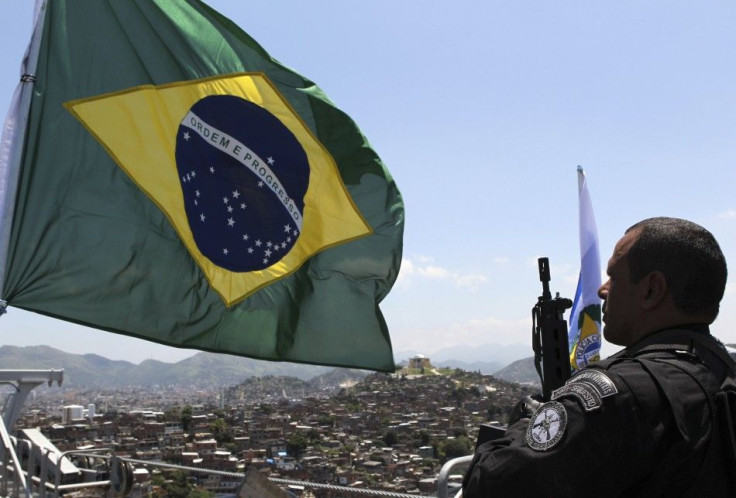Rio Carnival 2012 Clouded by Police Strike

Rio de Janeiro's famous Carnival celebration starts in one week, but a statewide police strike could put the event's visitors in danger.
On Friday, unions representing the city's police, firefighters and military police voted to strike and to protest in downtown Rio de Janeiro.
The unions are demanding higher wages. The city legislature recently agreed to a 39 percent raise staggered over the next two years, but Rio state police, who are some of the lowest paid in all of Brazil, don't feel that the figure is fair.
What was approved today does not meet our demands, Union leader Helio Oliveira told The Associated Press.
It's half of what we want, and won't be given all at once. We want a new proposal, with a salary offer that is enough to meet our needs.
“We didn’t want to strike,” Paulo Nascimento, a search and rescue firefighter, told the news agency. “We’re putting this on Governor Sergio Cabral’s conscience.”
Some 56,000 officers and personnel walked off the job midday Friday. But knowing that Rio is one of the most dangerous cities in the world -- there are about 2,000 murders in the city each year, and police kill an additional 1,000 people during battles with drug dealers and gangs -- the unions have decided to keep one-third of the security force on the job.
There isn't any stoppage of any service for citizens, the military police union said in a statement. About 14,000 Brazilian troops are on standby in case the situation gets out of control.
Nonetheless, a police strike does not historically bode well for the people of Rio. Last week, after police in the city of Salvador staged a strike, the murder rate in the city doubled.
This could be a disastrous indication of what might happen when 800,000 tourists flock to Rio de Janeiro for Carnival. The annual event is a cash cow for the city, bringing in $500 million a year.
© Copyright IBTimes 2025. All rights reserved.





















